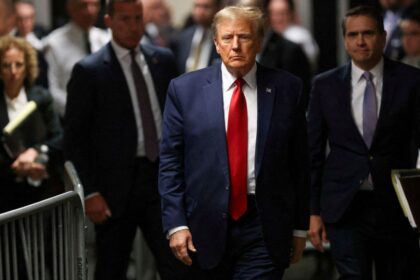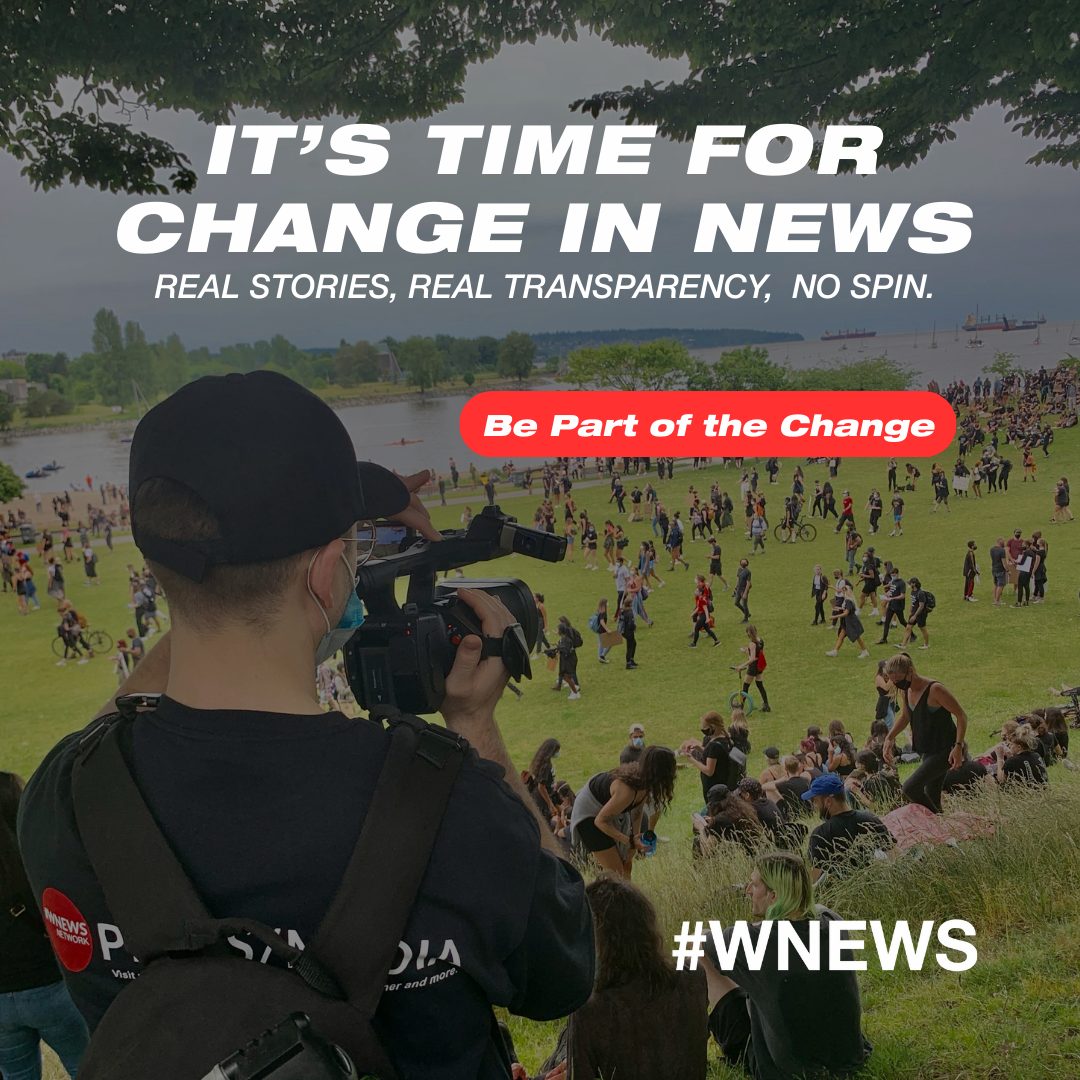Wellington, New Zealand (WNEWS) – New Zealand has taken a bold step in the global fight to protect children from the psychological and social harms of unregulated online content, with Prime Minister Christopher Luxon proposing a sweeping ban on social media access for anyone under the age of 16.
A New Frontline in the Fight for Digital Child Safety
National MP #CatherineWedd is introducing to the biscuit tin a new Members’ Bill aiming to ban children under 16 from accessing social media platforms in New Zealand.
Wedd, MP for Tukituki in Hawke’s Bay, said the My Social Media Age-Appropriate Users Bill is about protecting the “most vulnerable young teenagers and children from the online harms of social media.”
Wedd said social media was an “extraordinary resource”, but it came with risks.
Explainer: What is New Zealand’s Biscuit Tin Ballot?
A Biscuit Tin That Chooses Laws?
Yes, in New Zealand, Parliament uses a real biscuit tin to randomly draw Members’ Bills (laws proposed by MPs who aren’t ministers). It’s a long-standing and uniquely Kiwi tradition.
🧾 How It Works:
- MPs Submit a Member’s Bill
Any non-minister MP can draft and submit a bill. - The Waiting List
Only 8 Members’ Bills can be active in Parliament at a time. Extra ones go into a holding pool. - The Biscuit Tin Draw
- When a slot opens, Parliamentary staff draw bills at random from the biscuit tin.
- 🎲 It’s literally like a lawmaking lottery.
- If Drawn
The bill gets a First Reading in Parliament. If it passes, it continues through the lawmaking process.
💥 Why It Matters:
- Gives backbench and opposition MP’s a real shot at passing laws.
- Some major reforms — like marriage equality and end-of-life choice — started as Members’ Bills drawn from the biscuit tin.
🎯 Fast Facts:
- 🎩 Used since the 1990s
- 🎉 Totally random
- 🧁 Symbol of NZ’s democratic quirks
- 🏛️ Unique in the world
📌 Bottom Line: The Biscuit Tin isn’t just for cookies — it’s where laws are born in Aotearoa.
Right now, we aren’t managing the risks for our young people well.”
Prime Minister Christopher Luxon on Tuesday unveiled draft legislation that would make it illegal for children under 16 to join social media platforms unless companies can verify their age. Platforms that fail to comply could be slapped with fines up to NZ$2 million (US$1.2 million).
“This is about protecting our children,” Luxon said at a media conference in Wellington. “It’s about making sure social media companies are playing their role in keeping our kids safe.”
Modelled after Australia’s Law
The proposed legislation was directly modelled on Australia’s trailblazing social media laws, the Online Safety Amendment (Social Media Minimum Age) Bill, passed in December 2024, which introduced similar under-16 restrictions and has since drawn international attention for their uncompromising stance. Australia’s law will come into effect by the end of 2025.
Companies that fail to comply could be fined up to A$49.5 million.
That legislation is being overseen by Australia’s eSafety Commissioner, who is testing more than 30 different age-verification technologies with tech firms.
Initial reactions to the law have been mixed. While some parents and advocacy groups welcomed the stronger protections, academics have warned that it may drive teenagers to less regulated spaces or increase their sense of social isolation.
Experts believe the next five years could be pivotal in defining how democracies balance digital freedom and child protection.
Mounting Global Concern Over Online Harms
Governments around the world are increasingly grappling with how to shield minors from what has become an unrelenting stream of violent, sexually explicit, and psychologically harmful content on platforms like TikTok, X, and Instagram.
Many parents, educators, and health professionals have raised alarm bells about the growing correlation between teen social media use and spikes in anxiety, depression, and body dysmorphia.
“Parents are constantly telling us they’re worried. They’re struggling to manage access to social media at home,” Luxon said, echoing frustrations shared across New Zealand’s suburbs and cities.
Political Hurdles Ahead — But Broad Support Possible
The legislation, drafted by Luxon’s centre-right National Party, will require the backing of both coalition partners in #NewZealand’s three-way government. While no firm timeline has been given for the bill’s introduction to Parliament, Luxon expressed hope for cross-party consensus, noting the issue transcends traditional political lines.
“It’s not a left-or-right issue. It’s about the basic duty of care,” said a government source familiar with the draft.
Labour leader Chris Hipkins said he was “broadly supportive”.
“I think we’ve always got to stand up for what’s best for New Zealand young people,” he said.
“My concern about a member’s bill is that it won’t be properly supported, realistically.”
“If we’re going to do this well, it’s going to need the weight of government behind it.”
Tech Industry Pushback Likely
If Australia’s recent experience is any indication, New Zealand should brace for a similar backlash from Silicon Valley. Following the passing of Australia’s law, tech giants Meta, X (formerly Twitter), and TikTok publicly condemned the move, labelling it “vague,” “rushed,” and “technologically impractical.”
Digital rights groups have also weighed in, cautioning against blanket bans without viable enforcement mechanisms or consideration of children’s rights to online expression.
Next Steps: Enforcement and Verification
One of the bill’s most contentious parts is expected to be the age verification requirement, which could force platforms to integrate third-party identity checks—something critics argue raises privacy and data storage concerns.
The Prime Minister’s Office said those technical details will be part of a broader consultation period ahead of parliamentary debate.
A Regional Trend Toward Tougher Tech Regulation
#Australia’s recent legislation appears to have set off a domino effect across the Pacific, with New Zealand now moving in sync with Canberra’s regulatory approach. In Canada and parts of the U.S., similar conversations are underway, particularly after Meta admitted in a 2024 U.S. Senate hearing that Instagram’s algorithm had knowingly exposed children to harmful content.









